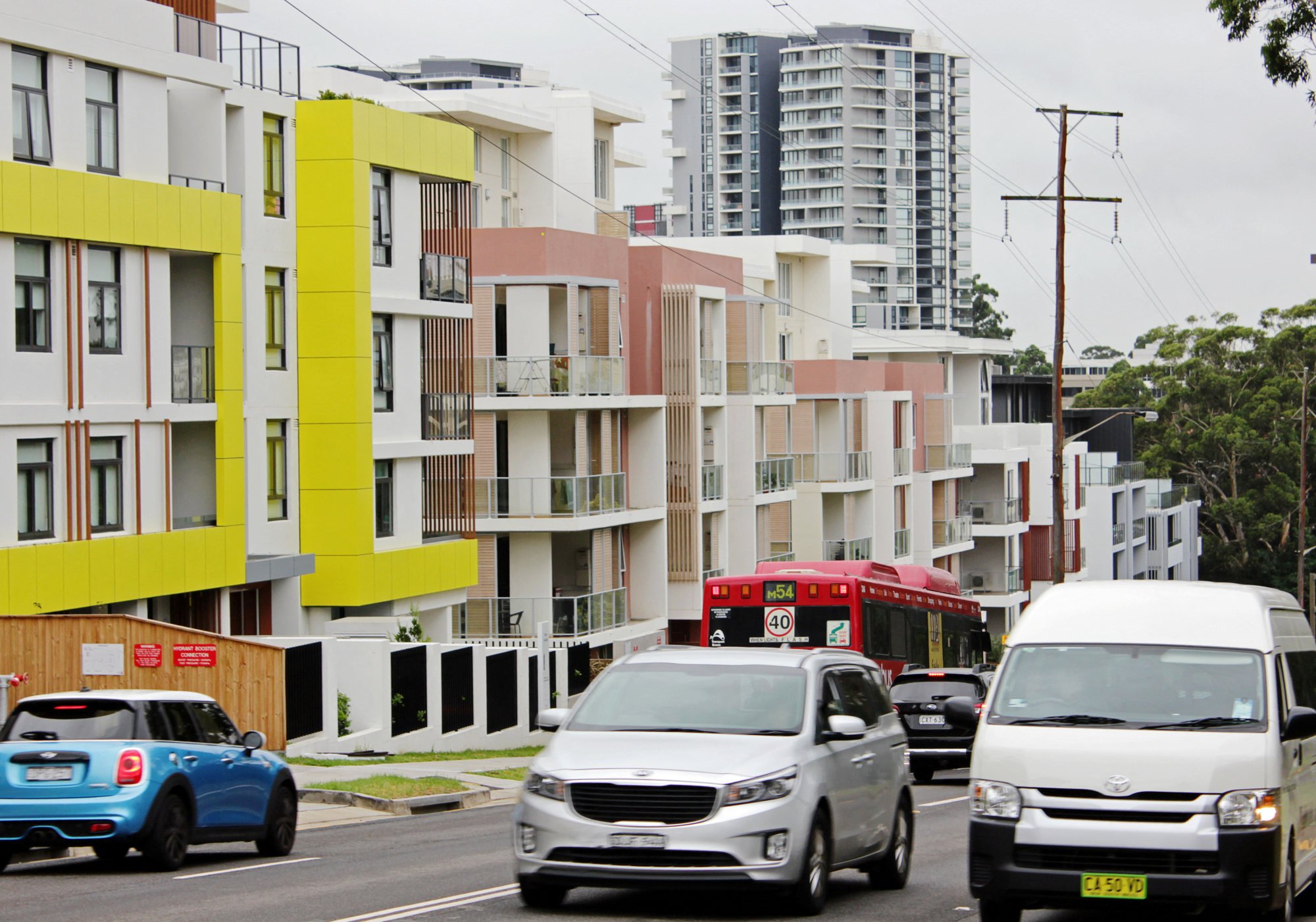Li, the owner of a two-bedroom, two-bath home in Sydney, which her parents bought for her when she was a student at the University of New South Wales, could find it harder to look for tenants given the likely smaller pool of foreigners needing accommodation. The shrinkage of the tenant pool comes at a time of higher rental fees in Australia.

“Rental prices in Australia are fairly expensive, especially Sydney,” Li said.
In the first quarter of the year, foreign buyers made up 10 per cent of home sales in Australia, lower than the six-and-a-half-year average of 11 per cent share in the previous quarter, according to the National Australia Bank.
Agents warn that changes to the immigration policy could hurt demand for high-end homes, as investors like Li could struggle to lease their property to foreign students.
Canberra has sought to reform its migration policy by replacing its Business Innovation and Investment Programme (BIIP), which targeted high-net-worth individuals seeking residency down under, with another scheme prioritising intake of highly skilled migrants in fields that are experiencing labour shortages.
“You won’t see the impact of the end of the golden visa right away, but you will see it in about two to three years,” said Peter Li, general manager of Plus Agency, which has operations in Sydney and Shanghai.
The BIIP, launched in 2012, gave applicants residency in exchange for investing up to A$5 million (US$3.3 million) in venture capital and growth private-equity funds that supported start-ups, as well as managed funds that buy shares in companies listed on the Australian stock exchange.
Of the approved applications to date, 85 per cent are Chinese nationals.
A category of the programme was even given the number 888, an auspicious number in Chinese culture.
According to the latest official data, Chinese buyers bought 1,995 homes worth a total sum of A$2.5 billion in the first nine months of 2023. Buyers from Hong Kong were the second-largest foreign investors, accounting for 426 transactions valued at A$300 million.
“With the cancellation of the golden visa, there are thousands of people who now won’t have a reason to buy these super-luxury properties in Australia, simply because they won’t be able to come to Australia,” Li said. “So, you will have a significant drop in demand for prime homes.”
For Li’s agency, which has more than A$500 million (US$330 million) of listings and more than A$300 million in annual transactions, a fifth of its Asian clients are looking for homes worth at least A$5 million.
“On the developer side, there will be less money invested in boutique developments. A lot of golden visa applicants actually have a property development background,” Li said. “A lot of the developers building boutique developments now are Chinese with a development background who came to Australia under the golden visa.
“In sum, you will see a significant drop in high-end new development because of less demand in the A$10-million plus range and less new supply in the A$5 million plus range.”
The sentiment is shared by Daniel Ho, Juwai IQI co-founder and group managing director.
“You would expect the foreign buyer share to decline by a couple of points in the year ahead if the government is successful at cutting net inbound migration in half over the next two years,” he said.
But some believe that demand from non-Asian buyers could pick up the slack as investors from the US and Europe eye the lifestyle appeal of Australia.
“The investment visa offered an easier path for purchasing but the underlying motivation was lifestyle and investment return,” said Sydney-based Ken Jacobs, the owner of a luxury property agency. “The recent increase in European and US buyers will offset the negative impact of any reduction in Chinese buyers looking for luxury residential property.”
from "luxurious" - Google News https://ift.tt/TCY3OB4
via IFTTT
Bagikan Berita Ini














0 Response to "Australia's tighter immigration policy poses risk to luxury home market - South China Morning Post"
Post a Comment